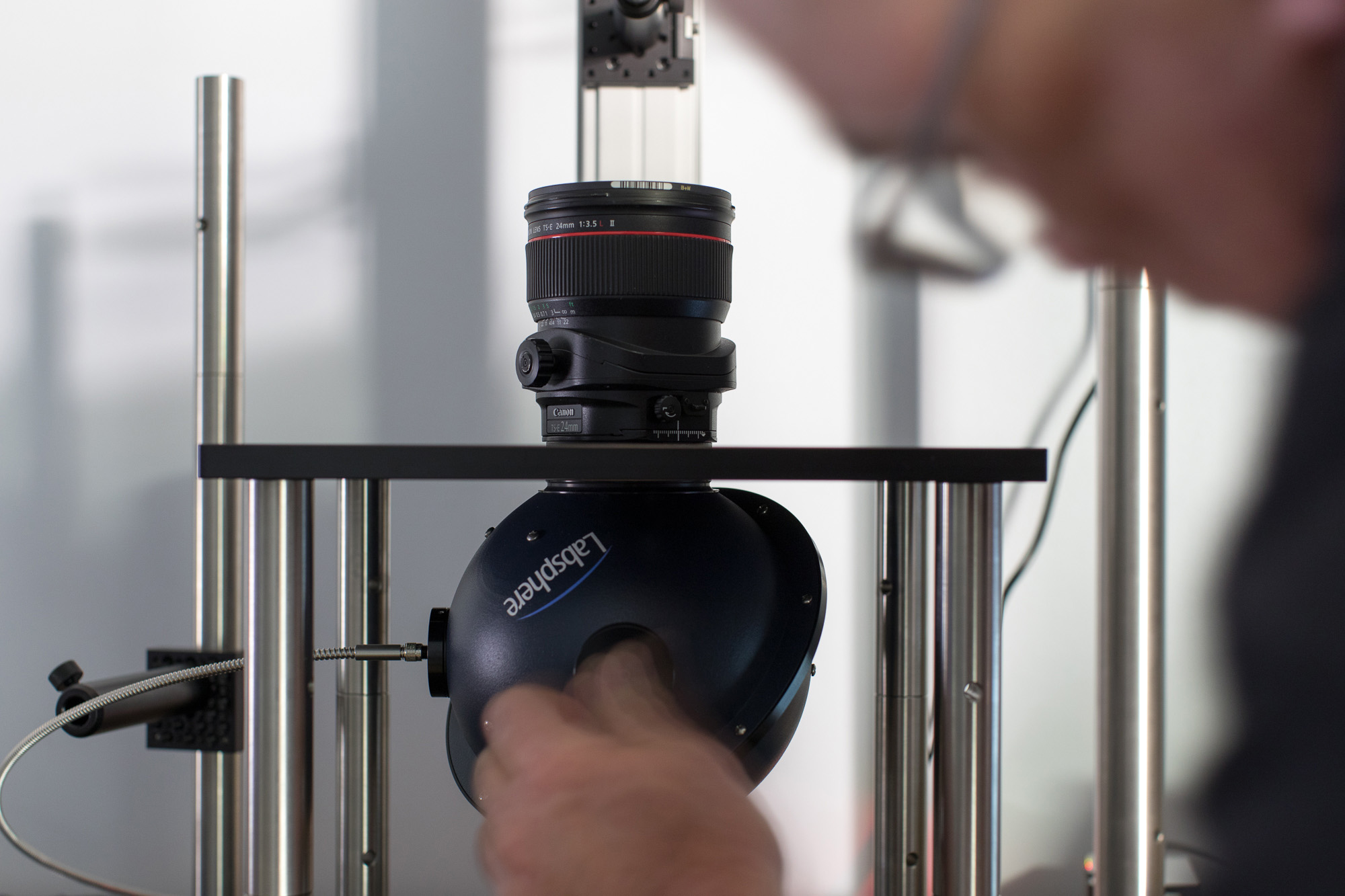Just like ASR measures audio performance, with perhaps SNR the most important parameter, is there a similar way to test and measure lens performance? What is the most important parameter in reference to lens performance?
-
WANTED: Happy members who like to discuss audio and other topics related to our interest. Desire to learn and share knowledge of science required. There are many reviews of audio hardware and expert members to help answer your questions. Click here to have your audio equipment measured for free!
You are using an out of date browser. It may not display this or other websites correctly.
You should upgrade or use an alternative browser.
You should upgrade or use an alternative browser.
Measuring Optical Performance
- Thread starter dalbert02
- Start date
I think lens edge diffraction/reflections are a major issue and that combined with night time use can cause some dangerous lighting reflections into the eye. Those two issues in my opinion if rectified eliminate the most noticeable issues with lenses. So anti-reflective coatings for night use and grind the edges of the lenses for a no reflection surface.
- Joined
- Feb 23, 2016
- Messages
- 20,792
- Likes
- 37,693
I have some of the top of the line Zeiss binoculars. You can look at something on a street light pole, viewing with the light just barely out of the view with no artifacts that light is even there. Viewing moths for instance you get a great view. With some lesser devices even with good resolution and lens coatings etc. you get some glare from being anywhere near such lights. The difference between clearly seeing the markings on the moth, and barely being able to see there is a moth of some kind. Now in daylight there is a lesser difference with plenty of diffuse lighting.I think lens edge diffraction/reflections are a major issue and that combined with night time use can cause some dangerous lighting reflections into the eye. Those two issues in my opinion if rectified eliminate the most noticeable issues with lenses. So anti-reflective coatings for night use and grind the edges of the lenses for a no reflection surface.
I bought the expensive lenses for my optical prescription. They had all the coatings and grindings that made them a pleasure to use at night. There is a difference and like good speakers once hearing them or seeing through the good lenses nothing else is wanted.I have some of the top of the line Zeiss binoculars. You can look at something on a street light pole, viewing with the light just barely out of the view with no artifacts that light is even there. Viewing moths for instance you get a great view. With some lesser devices even with good resolution and lens coatings etc. you get some glare from being anywhere near such lights. The difference between clearly seeing the markings on the moth, and barely being able to see there is a moth of some kind. Now in daylight there is a lesser difference with plenty of diffuse lighting.
Just like ASR measures audio performance, with perhaps SNR the most important parameter, is there a similar way to test and measure lens performance? What is the most important parameter in reference to lens performance?
The Amir of optics is Roger Cicala at Lens Rentals. Retired anesthesiologist who started the company out of a hobby and then was able to retire completely. He built his own test system which was then used by industry professionals on a consulting basis.

Introducing the Optical Bench
Note: This is a Geek article. If you aren't into geeky stuff, you won't be into this. "We take a step back so that we may leap further." African proverb I wrote a post a couple of weeks ago about our first copies of the Sigma 50mm Art lens, and promised to follow up when [...]
www.lensrentals.com
Here are all of his posts
Roger Cicala
I'm Roger and I am the founder of Lensrentals.com. Hailed as one of the optic nerds here, I enjoy shooting collimated light through 30X microscope objectives in my spare time. When I do take real pictures I like using something different: a Medium format, or Pentax K1, or a Sony RX1R.
www.lensrentals.com
- Thread Starter
- #7
As silly as it sounds, the "moth test" just might be a pretty good test of quality!I have some of the top of the line Zeiss binoculars. You can look at something on a street light pole, viewing with the light just barely out of the view with no artifacts that light is even there. Viewing moths for instance you get a great view. With some lesser devices even with good resolution and lens coatings etc. you get some glare from being anywhere near such lights. The difference between clearly seeing the markings on the moth, and barely being able to see there is a moth of some kind. Now in daylight there is a lesser difference with plenty of diffuse lighting.
- Thread Starter
- #8
I won't lie. My brain hurts reading those two articles. But thank you. I need the MTF for dummies book!Here are some informative articles by Zeiss on the technical performance of camera lenses. Arguably the most important metric is the modulation transfer function (MTF)
Lenspire
lenspire.zeiss.com
- Joined
- Jun 10, 2018
- Messages
- 6,249
- Likes
- 9,389
What usually gets measured is resolution or sharpness. Chromatic aberration and spherical distortion also get measured. I have seen comments about color rendition which is IMO subjective. In particular it was a claim that Nikon lenses had better color rendition than Zeiss. I don't know whether to believe that or not.
What usually gets measured is resolution or sharpness. Chromatic aberration and spherical distortion also get measured. I have seen comments about color rendition which is IMO subjective. In particular it was a claim that Nikon lenses had better color rendition than Zeiss. I don't know whether to believe that or not.

A Geek of Many Colors – Adventures in Spectrometry
Please Note: This is a Geek Level 3 Article. It has no useful information about photography or videography. If you're a lens geek, though, it's kind of cool. And it will serve as our background and methods for upcoming articles. Well . . . How did I get here? David Byrne One of the nice...
www.lensrentals.com
Again, Roger’s posts on lens rentals is the ASR of optics
The question, which is harder to answer, is if you can correct the colors in photoshop like we can EQ. The answer is not exactly, but it may not matter. That is, fundamentally there are differences in color filter response which are forever lost. The recording is the recording. But are you more sensitive to noise or distortion? Same concept as noise versus color discernment.
There is a link to the FM Hue test in the second link

New: Leica Q3 with 60 MP BSI Sensor
 www.l-camera-forum.com
www.l-camera-forum.com

New: Leica Q3 with 60 MP BSI Sensor
 www.l-camera-forum.com
www.l-camera-forum.com
@GXAlan resolution can't be fixed in post. The other problems can be improved on. Besides, when stopped down to f/5.6 or f/8 most problems disappear.
Agree 100%
Technically “nothing” can be fixed in post, but you can do things like diffraction compensation which would a a bit more sophisticated than simple sharpening.
You actually can also use different algorithms for reconstructing the Bayer filter as well. This will affect the apparent resolution. Here, you can see the right option reduces chromatic aberration but it increases noise. Everything is a trade off.
That’s just for astrophotography (AAD) but for regular photos@GXAlan what software were you using with selectable algorithms?
RawTherapee can use different algorithms.
Demosaicing - RawPedia

Raw Processors: Which Demosaicing Method?
Comparison of Demosaicing Methods available in Free, Open Source Raw Processors.
Iridient has several options
Iridient Digital
Adobe uses standard bilinear. Most consistent/fast. You can use enhance raw details to use an alternate mode.@GXAlan I wonder how Adobe does it. I have been using Adobe Camera Raw in various ways ever since Nikon canned Capture NX.
I used Adobe LR predominantly too, but it’s nice to have other tools for that once a year “portfolio shot” in case the tools are better.
Just like ASR measures audio performance, with perhaps SNR the most important parameter, is there a similar way to test and measure lens performance? What is the most important parameter in reference to lens performance?
DXO has an excellent site that objectively rates canera lenses, camera sensors, and cellphone displays. They have been in operation for many years and have most Nikon (over 80) and Canon lenses rated on several different metrics.

DXOMARK
DXOMARK gives you the expert reviews on latest smartphones, cameras and speakers! We test and score smartphones for you to make a smart buying decision.
 www.dxomark.com
www.dxomark.com
Eric
Similar threads
- Replies
- 158
- Views
- 23K
- Replies
- 26
- Views
- 2K
- Replies
- 87
- Views
- 3K
- Poll
- Replies
- 323
- Views
- 49K
